
Taking to the skies with the latest drones to give SharkFest a fresh perspective, with eyes in the sky, they will reveal shark action from above.
You May Also Like
Al Capone – The quintessential self-made American man, ruthless killer, or both? To this day we are fascinated with this celebrity gangster. Americans love a bad boy; a tragic anti-hero. Al Capone is one of the originals, one of the most notorious bootleggers and gangsters of the twentieth century, believed to have personally murdered dozens of people and ordered the killing of hundreds of others. But that’s only one side of this complicated man. He was also a hugely popular public figure, dynamic and charismatic; he opened one of the nation’s first soup kitchens, and was a devoted patron and guardian of jazz, giving African American musicians opportunities that they would otherwise never have had. So what made him a crime boss instead of a powerful politician?
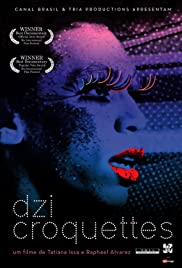
A Brazilian theatre group that through talent, irony and humour confronted the Brazilian violent dictatorship in the 1970s revolutionising the gay movement worldwide and changing theatre and dance language to an entire generation.

When “The Electric Company” made its television debut in October 1971, it was instantly clear that it would fulfill its mission of helping struggling and reluctant readers. With a ground-breaking and diverse cast, clever writing, innovative direction, and an original visual and musical style, the show was so effective that by the end of its first season, nearly a quarter of all US schools were using the show in the classroom. Generations of young people learned to read from the series, making it one of the most important and enduring shows in American television history. “The Electric Company’s Greatest Hits and Bits” is a clip-filled celebration featuring many of the series’ most popular segments (with Bill Cosby, Morgan Freeman, Rita Moreno and the rest of the multi-talented Electric Company cast), and includes new interviews with cast members Jim Boyd, Judy Graubart, Skip Hinnant, Tom Lehrer, Rita Moreno, and Joan Rivers, as well as with series creator Joan Ganz Cooney.

Stephen Fry embarks on a journey to discover the stories behind some of the world’s most fantastic beasts that have inspired myths and legends in history, story-telling and film.

The story behind the epic Queen single.
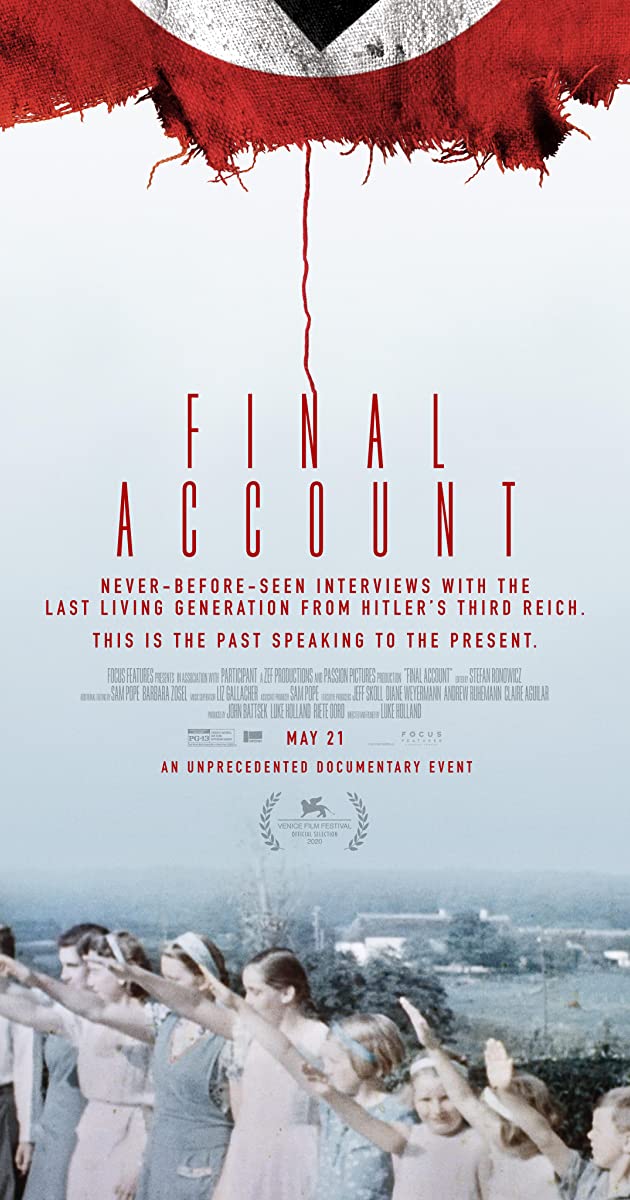
A depiction of the last living generation of German participants in Adolf Hitler’s Third Reich.
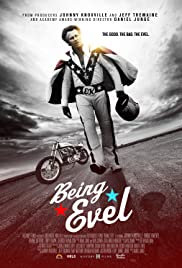
In the history of sports, few names are more recognizable than that of Evel Knievel. Long after the man hung up his famous white leather jumpsuit and rode his Harley into the sunset, his name is still synonymous with the death-defying lifestyle he led. Notoriously brash, bold, and daring, Knievel stared death in the face from the seat of his motorcycle, but few know the larger-than-life story of the boy from Butte, Montana.

A love letter from a young mother to her daughter, the film tells the story of Waad al-Kateab’s life through five years of the uprising in Aleppo, Syria as she falls in love, gets married and gives birth to Sama, all while cataclysmic conflict rises around her. Her camera captures incredible stories of loss, laughter and survival as Waad wrestles with an impossible choice– whether or not to flee the city to protect her daughter’s life, when leaving means abandoning the struggle for freedom for which she has already sacrificed so much.

A German couple and their dog travel across North America in a school bus searching for a state of pure bliss.
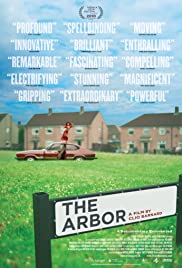
Portrayal of the late Bradford playwright Andrea Dunbar. Andrea Dunbar wrote honestly and unflinchingly about her upbringing on the notorious Buttershaw Estate in Bradford and was described as ‘a genius straight from the slums.’ When she died tragically at the age of 29 in 1990, Lorraine was just ten years old. The Arbor revisits the Buttershaw Estate where Dunbar grew up, thirty years on from her original play, telling the powerful true story of the playwright and her daughter Lorraine. Also aged 29, Lorraine had become ostracised from her mother’s family and was in prison undergoing rehab. Re-introduced to her mother’s plays and letters, the film follows Lorraine’s personal journey as she reflects on her own life and begins to understand the struggles her mother faced.
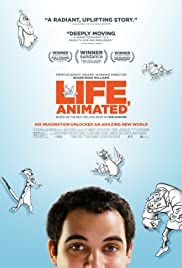
At three years old, a chatty, energetic little boy named Owen Suskind ceased to speak, disappearing into autism with apparently no way out. Almost four years passed and the only stimuli that engaged Owen were Disney films. Then one day, his father donned a puppet—Iago, the wisecracking parrot from Aladdin—and asked “what’s it like to be you?” And poof! Owen replied, with dialogue from the movie. Life, Animated tells the remarkable story of how Owen found in Disney animation a pathway to language and a framework for making sense of the world.
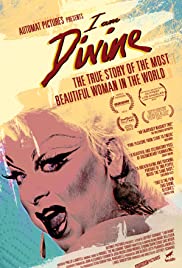
Harris Glenn Milstead, aka Divine (1945-1988) was the ultimate outsider turned underground hero. Spitting in the face of the status quos of body image, gender identity, sexuality, and preconceived notions of beauty, Divine succeeded in becoming an internationally recognized icon, recording artist, and character actor of stage and screen. Glenn went from the often-mocked, schoolyard fat kid to underdog royalty, standing up for millions of gay men and women, drag queens and punk rockers, and countless other socially ostracized misfits and freaks. With a completely committed in-your-face style, he blurred the line between performer and personality, and revolutionized pop culture.